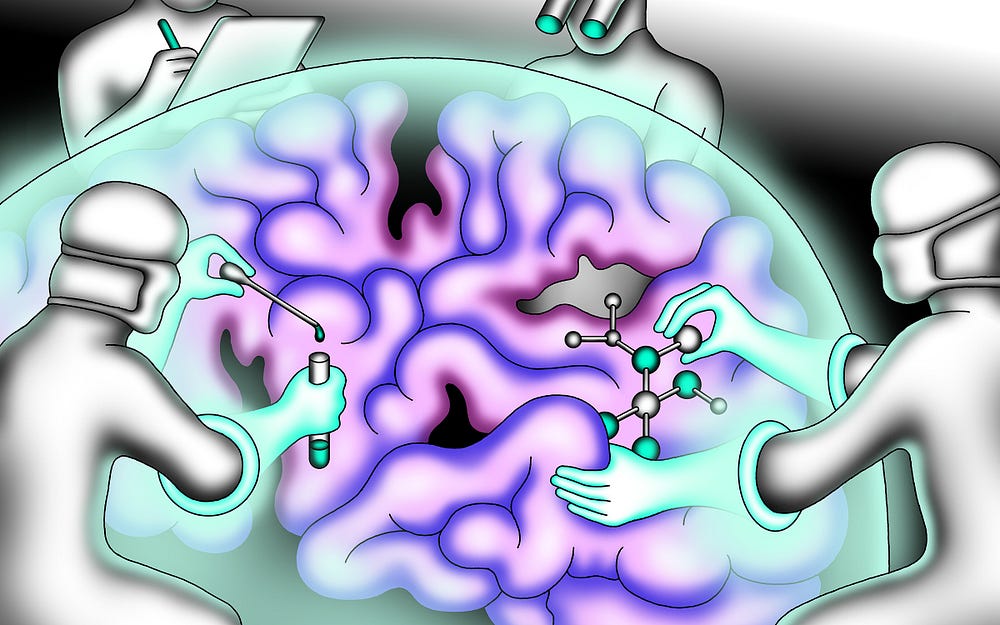Member-only story
The Future of Alzheimer’s Treatment May Be Enlisting the Immune System
A new theory for Alzheimer’s disease is emerging, and at least one company is taking advantage of the new thinking with drugs in human trials

 The mood among the more than 3,000 researchers who gathered in Lisbon, Portugal, at the end of March for the 14th International Conference on Alzheimer’s and Parkinson’s Diseases was downbeat. Just a few days earlier, Biogen, the Cambridge, Massachusetts-based biotech company, and Japanese pharmaceutical company Eisai Co had jointly announced the shuttering of two major trials of their Alzheimer’s drug aducanumab. The announcement marked yet another failure in the decades-long effort to find a drug to halt the devastating course of the terminal, memory-robbing disease.
The mood among the more than 3,000 researchers who gathered in Lisbon, Portugal, at the end of March for the 14th International Conference on Alzheimer’s and Parkinson’s Diseases was downbeat. Just a few days earlier, Biogen, the Cambridge, Massachusetts-based biotech company, and Japanese pharmaceutical company Eisai Co had jointly announced the shuttering of two major trials of their Alzheimer’s drug aducanumab. The announcement marked yet another failure in the decades-long effort to find a drug to halt the devastating course of the terminal, memory-robbing disease.
“There was a sort of pall over the meeting,” says Ron Petersen, director of the Mayo Clinic Alzheimer’s Disease Research Center in Rochester, Minnesota. Many speakers prefaced their remarks with a reference to the news. But, Petersen adds, “It’s going to encourage the field to broaden the potential therapeutic targets we have for the disease.”
Scientists in academic and corporate labs are already pursuing a host of new approaches that they hope will offer pathways out of the…
